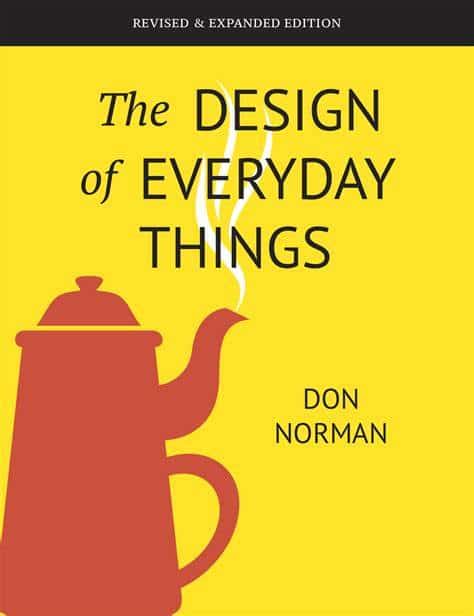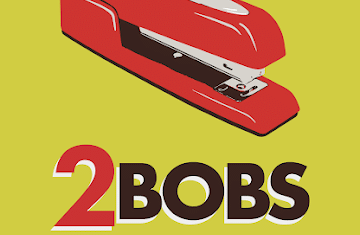Generally speaking, I’m not a fan of AI. There are some great things coming from it, but I generally prefer the old way of doing things, and wish that all creativity came directly from human minds. However, it’s not something I can control so I’m digging in deeply to understand AI as well as I can.
The same goes for the visceral response (and often a lack of logic) that surrounds much human behavior. I find it frustrating, but I need to push back that frustration and work with it the best I can.
Don Norman summed this up very well in “The Design of Everyday Things” when he said:
Engineers and other logical people tend to dismiss the visceral response as irrelevant. Engineers are proud of the inherent quality of their work and dismayed when inferior products sell better “just because they look better.” But all of us make these kinds of judgments, even those very logical engineers. That’s why they love some of their tools and dislike others. Visceral responses matter.
He later shared his thoughts behind the idea of “attractive things work better”:
If we have a strongly positive visceral response but disappointing usability problems at the behavioral level, when we reflect back upon the product, the reflective level might very well weigh the positive response strongly enough to overlook the severe behavioral difficulties (hence the phrase, “Attractive things work better”).
Whether I personally like it or not, Norman is absolutely correct and we try to lean into that with our work. For example, if you are looking for a lawyer to represent you, logically you’d choose the best one for your needs, period. In reality, the quality of their website and the attitude of their receptionist will affect your opinions quite a lot, so it’s important that they pay attention to things like that. You should too.




